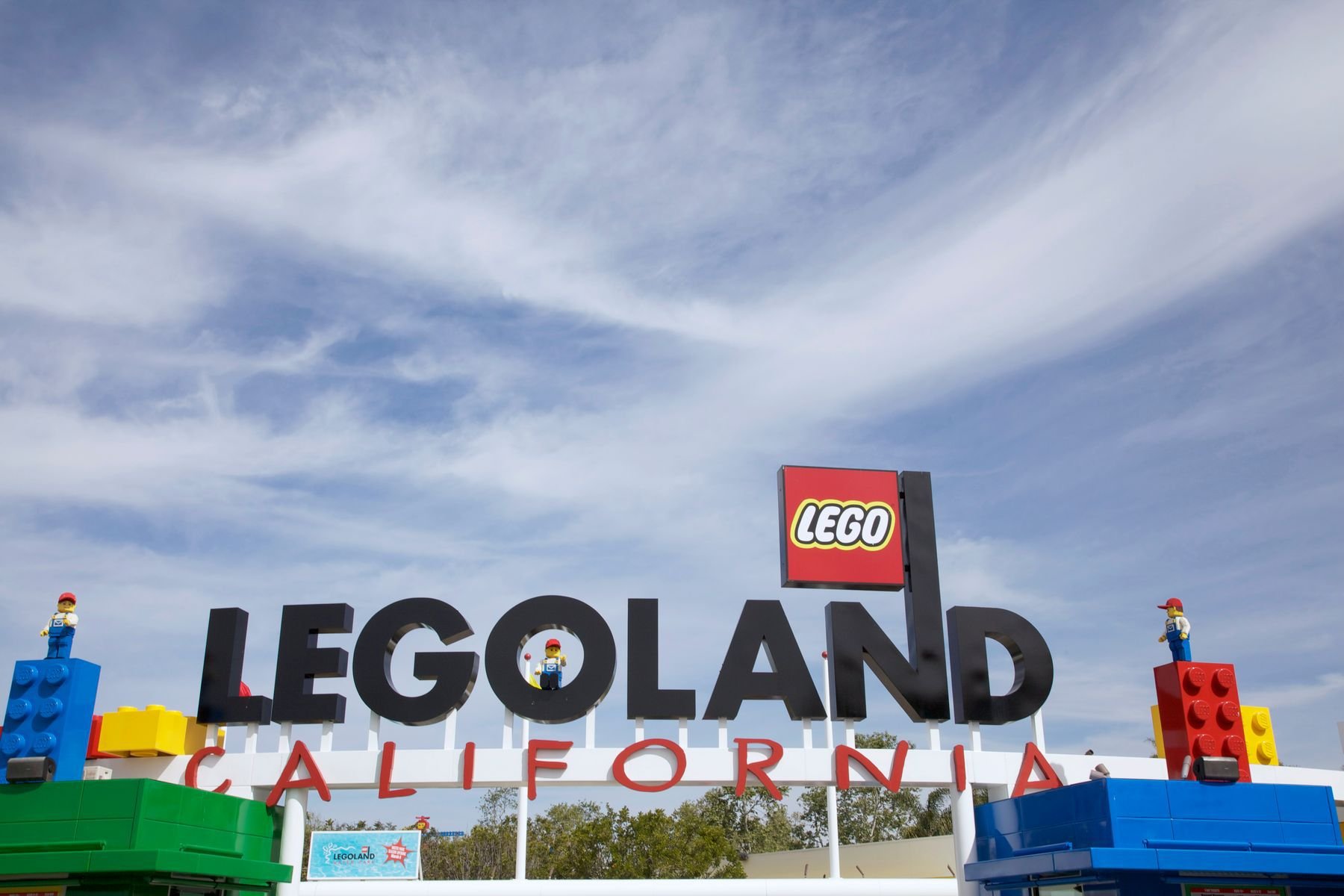Ritz-Carlton Hotel Company, LLC Faces California PAGA-Only Action
/In recent news, the Ritz-Carlton Hotel Company, LLC faces a California PAGA-only action.
The Case: Susana Cuellar v. The Ritz-Carlton Hotel Company, LLC
The Court: Riverside County Superior Court of the State of California
The Case No.: CVPS2200395
The Plaintiff: Susana Cuellar v. The Ritz-Carlton Hotel Company, LLC
The plaintiff in the case filed a PAGA-only action, California enacted the PAGA to allow an individual to bring an action on behalf of herself and on behalf of others for PAGA penalties only. This is the precise and sole nature of this action. In accordance with the intended purpose of the PAGA-only action, the plaintiff seeks to obtain all applicable relief for the Defendant’s violations under PAGA and solely for the relief as permitted by PAGA (specifically penalties and other relief the Court deems appropriate under PAGA). Nothing in this PAGA complaint should be construed as trying to seek any relief that would not be available in a PAGA-only action.
The Defendant: Susana Cuellar v. The Ritz-Carlton Hotel Company, LLC
According to the lawsuit, the defendant, Ritz-Carlton Hotel Company, LLC, is a limited liability company that operates the luxury hotel chain known as Ritz-Carlton, and a significant amount of their business is conducted in the state of California.
Details of the Case: Susana Cuellar v. The Ritz-Carlton Hotel Company, LLC
According to the lawsuit, The Ritz-Carlton Hotel Company, LLC allegedly failed to accurately record Plaintiff’s time worked (as well as other similarly situated workers). Employees were required to submit to mandatory drug testing, among other testing, as a condition of continued employment. While submitting to the mandatory testing, employees were working off the clock. Additionally, the Plaintiff's off-duty meal breaks were, on occasion, interrupted by work assignments. As labor law defines mandatory rest breaks and meal periods as times during which employees should be relieved of all job tasks and responsibilities, this is another alleged employment law violation.
Under PAGA an employee can sue as the proxy or agent of the state's labor law enforcement agencies. An action to recover civil penalties under PAGA is fundamentally a law enforcement action designed to protect the public. It’s not designed to benefit private parties in any way. The purpose of PAGA is not to recover damages or restitution but to “deputize” citizens to help enforce the Labor Code.
If you have questions about California employment law or if you need to file a wage and hour lawsuit, please get in touch with Blumenthal Nordrehaug Bhowmik DeBlouw LLP. Experienced employment law attorneys can assist you in various law firm offices located in San Diego, San Francisco, Sacramento, Los Angeles, Riverside, and Chicago.










